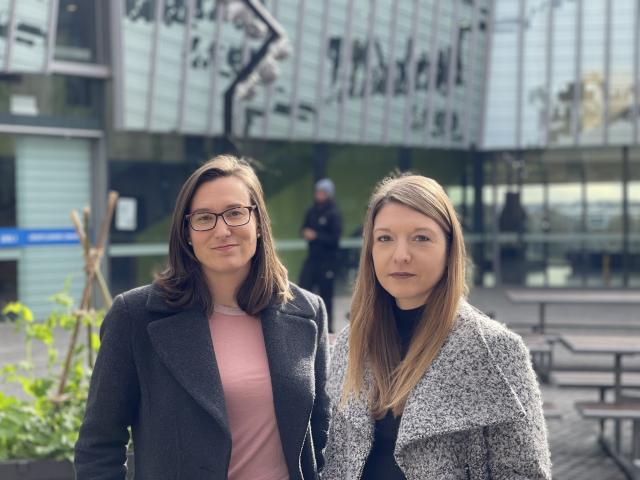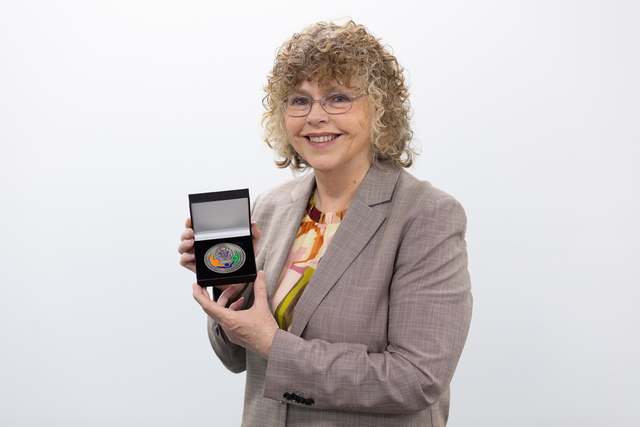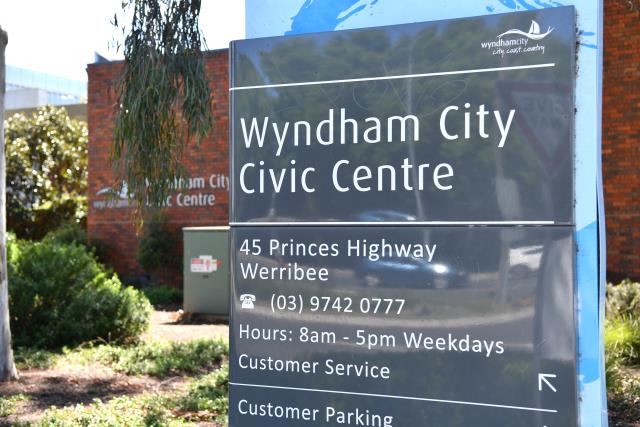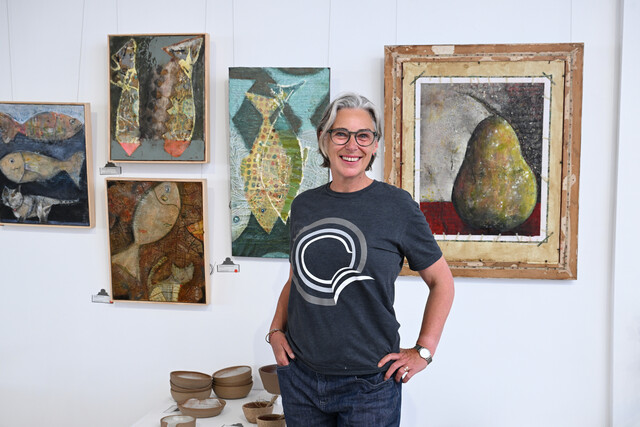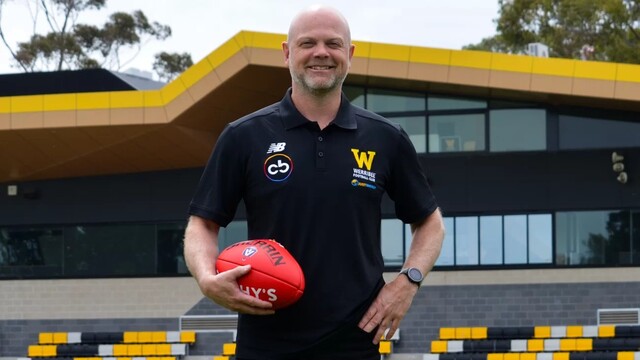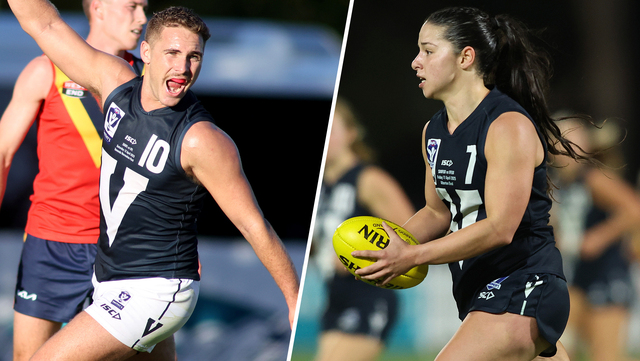Two Victoria University researchers have led a new national study into the prevalence and frequency of violence against children within community sport in Australia, which highlighted that more than four out of five respondents reported experiencing some form of violence in community sport as a child.
Published in the Journal of Interpersonal Violence and titled Experiences of Violence Against Children in Australian Community Sport, the study involved 886 respondents from 68 different sports.
VU clinical exercise science lecturer Dr Mary Woessner and postdoctoral research fellow Dr Aurelie Pankowiak, who are also researchers at the Institute for Health and Sport, led the study.
The study also found that 76 per cent of respondents indicated they experienced psychological violence, 66 per cent reported they suffered from physical violence, while 38 per cent experienced sexual violence.
As a survivor of child sexual exploitation in sport, Dr Pankowiak said she was committed to advocating for the development of safer sport environments.
“As researchers, we want this to be a critical first step in both measuring the extent of violence experience in community sport and enhancing the effectiveness of the work in preventing this violence,” she said. “Ultimately, we want to ensure that violence against children does not negate the many health and well-being benefits of participating in community sport.”
Other findings of the study included the highest rate of violence reports from gender-diverse individuals, with 81 per cent of gender-diverse respondents indicating they had experienced psychological violence from a coach.
Dr Woessner said that children’s participation in community sport is invaluable but more needed to be done to safeguard participants.
“Determining the prevalence of violence experienced by children in sport is an essential step in informing the development of targeted safeguarding initiatives,” she said.
“Our hope is to further develop this study and positively impact the Australian sporting community in safeguarding children and responding to instances of violence.”

